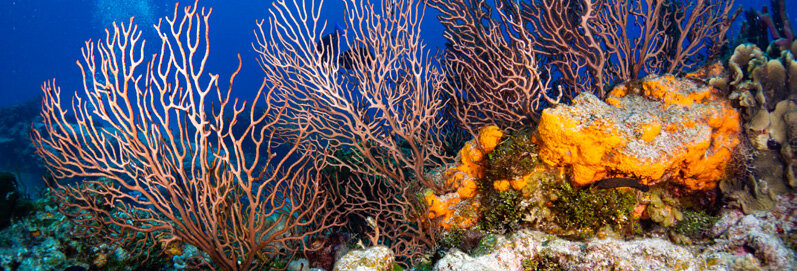Launched in 2014, ACRE Africa, formerly the Kilimo Salama Parametric Insurance programme, is a weather index-based insurance service provider. Many smallholder farmers’ crops and livelihoods are at risk from weather variations, yet many farmers do not have the capital or logistical means to access insurance. A pertinent barrier for insurers is that insurance requires on-farm monitoring of losses, causing high transaction costs, which leads to unaffordable premiums for smallholder farmers.148
ACRE Africa’s index-based insurance product pays out insurance automatically in the case of extreme weather events. The automatic releasing of funds and automated pay-out calculator removes the high cost of the claims process, making insurance premiums more affordable for smallholder farmers. ACRE acts as a service provider, partnering with local aggregators (i.e. cooperatives), agribusinesses, agricultural NGOs, and microfinance institutions to develop a parametric insurance product that allows farmers to purchase insurance premiums through trusted sources. The insurance is distributed by agribusinesses, out-growers, lending institutions, seed distributors linked to mobile network operators and credit cooperatives.
First funded by the Global Index Insurance Facility (GIIF) and Syngenta Foundation for Sustainable Agriculture, ACRE Africa has now partnered with insurers such as UAP Insurance (Kenya), APA Insurance (Kenya), SORAS Insurance (Rwanda) and reinsurers Swiss Re and Africa Re.149 As of September 2020, over 1.7 million farmers across Tanzania, Rwanda and Kenya have been insured for a value of over $181 million by ACRE’s weather index-based insurance.150
148 ‘Home’. n.d. ACRE Africa. https://acreafrica.com/.
149 ‘Achievements in ACP Countries by Global Index Insurance Facility Phase 1 (2010–2015)’. 2015. World Bank Group. http://documents1.worldbank.org/curated/en/482761490702615329/pdf/113713-WP-ENGLISH-GIIF-ACP-Report-Eng-Web-PUBLIC.pdf.
150 ‘Home’. n.d. ACRE Africa. https://acreafrica.com/.




